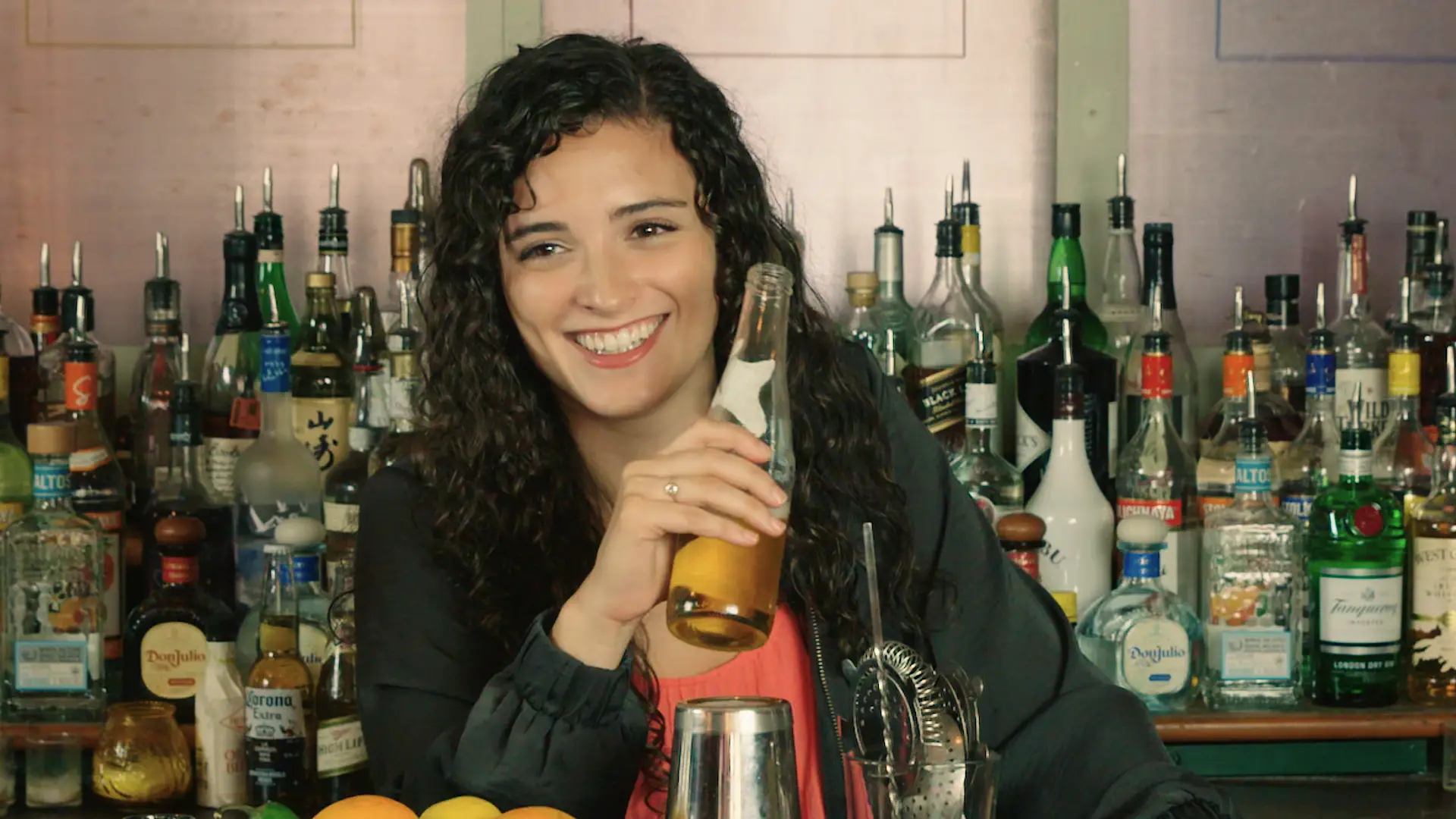This Drunk Neuroscientist Explained What Alcohol Does To Your Brain
Tags: News

It is understood that alcohol affects the brain, though it might seem like everyone is impacted by it differently, there are a few chemical processes we all go through after knocking back a couple drinks. Though we might think we are experts when it comes to explaining what happens when we take it to the head, the science behind drinking is more complicated than you think. Luckily, neuroscientist Shannon Odell has decided to explore the different chemical reactions that we experience when we drink. In this video things get a little blurry for Odell as she takes a shot before explaining how your body metabolizes alcohol.
“Once swallowed, this drink travels to your stomach where about 10% of the alcohol is absorbed and then on to your small intestines where the rest is absorbed into your bloodstream. As our liver can only metabolize about fifteen milligrams per deciliter per hour, one drink per hour is all your body can effectively metabolize.”
Odell explains how alcohol is metabolized by alcohol dehydrogenase into acetaldehyde which is a toxic build up that is thought to be the cause of the nasty hangover symptoms you experience if you’ve overdone it the night before.
Ethanol is a drug; the effects of this drug are highly dependent on how much you drink and how quickly. “In the first half an hour or so of drinking, you’re going to experience stimulating effects and euphoria. Alcohol reduces your inhibitions and will release a little dopamine – the brain’s big reward molecule – so you’re going to feel good,” says Stephen Braun, author of Buzz: The Science and Lore of Alcohol and Caffeine.
But if you drink more than one drink an hour, your body will not be able to metabolize it and your reaction time will increase, you’ll become clumsier and the alcohol will start to affect other parts of the brain, which can lead to depressive symptoms.
Leave Comment: